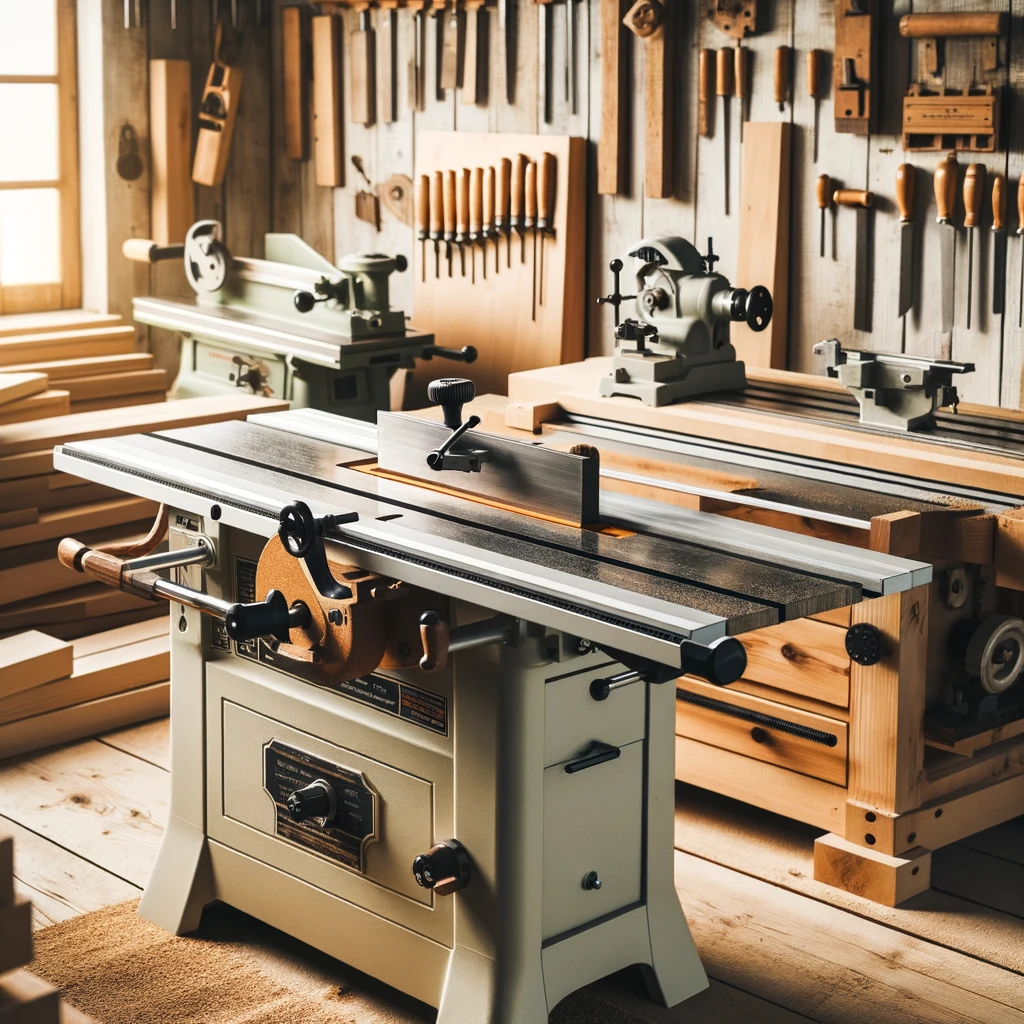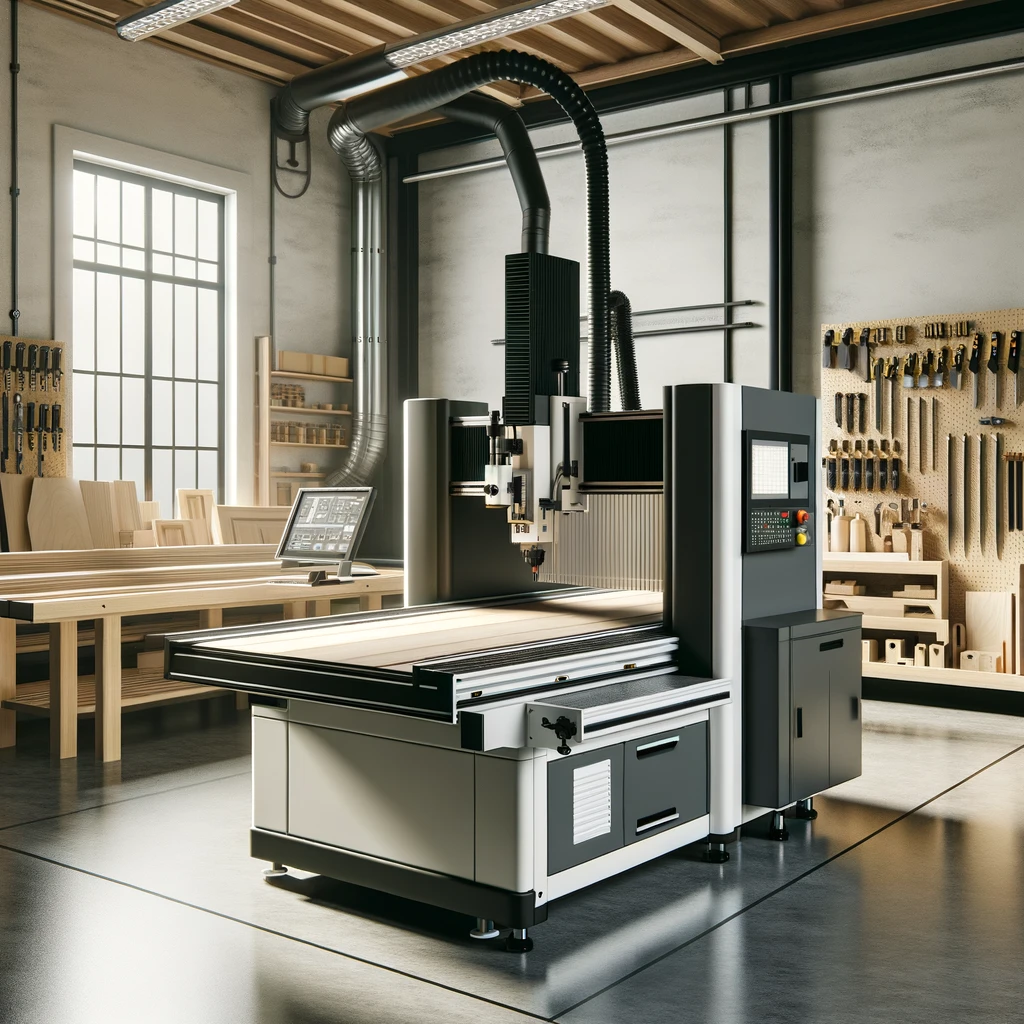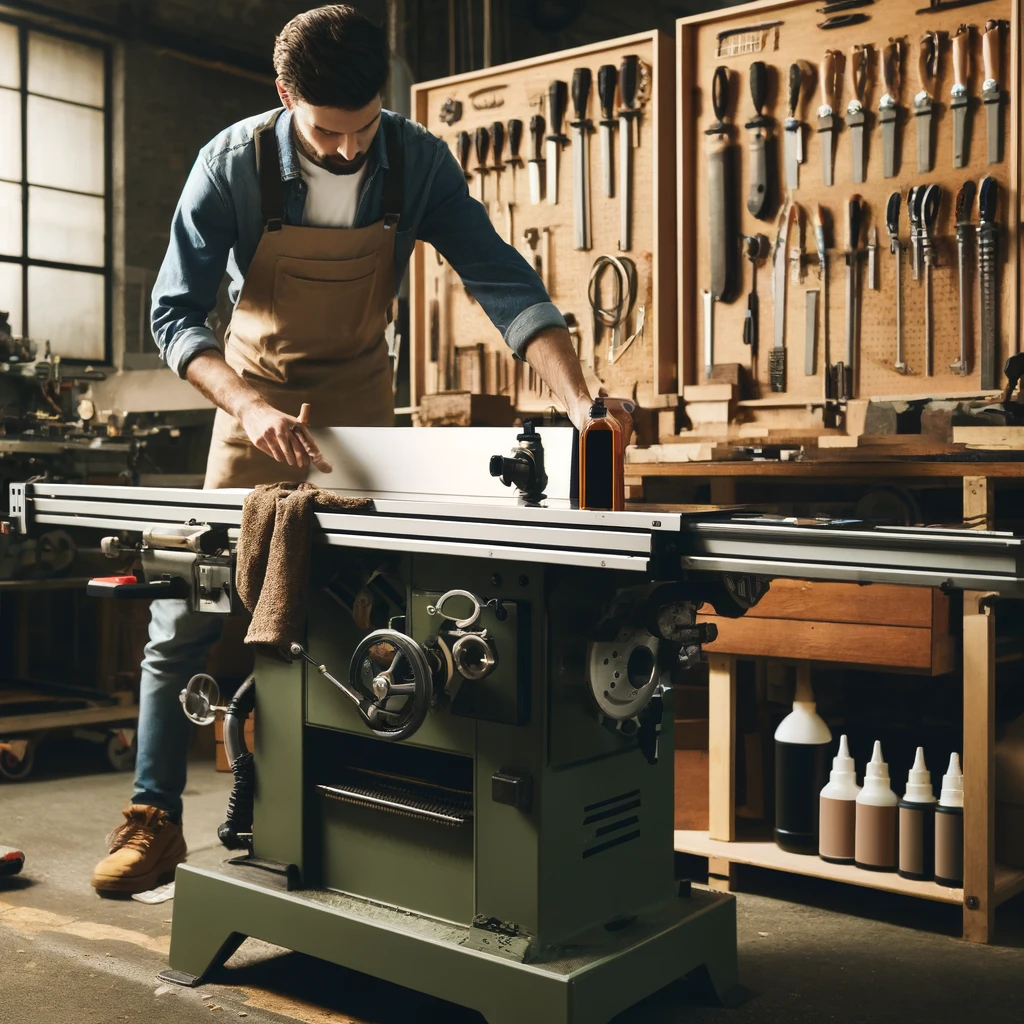A cost effective choice
Buying used woodworking machinery can be a cost-effective way to enhance your workshop without breaking the bank. However, purchasing second-hand equipment comes with its own set of challenges and considerations. To help you make an informed decision, here are the top five tips to consider when purchasing used woodworking machines.
Assess Your Needs
Before diving into the market, it’s crucial to identify what type of machinery you need. Are you looking for a table saw, planer, lathe, or jointer? Consider the projects you work on most frequently and choose machines that will enhance your productivity and capabilities. For instance, if you frequently work with large panels, a panel saw might be a priority. Understanding your specific needs will help you focus your search and avoid unnecessary purchases.
Inspect the Machinery (if possible)
Thorough inspection is essential when buying used machinery. Look for signs of wear and tear such as rust, cracks, and missing parts. Pay attention to the condition of the motor, belts, and blades. If possible, request a demonstration to see the machine in operation. Listen for unusual noises and check if the machine runs smoothly. A hands-on inspection can reveal issues that aren’t apparent from photos or descriptions.
Research the Seller
Buying from reputable sellers can save you a lot of trouble. Look for reviews and ratings from previous customers. Reputable sellers often provide detailed information about the machinery, including its history and any repairs or maintenance performed. They may also offer some form of warranty or return policy, providing extra peace of mind. Websites specializing in used woodworking machinery are generally more reliable than individual listings on general marketplaces.
Compare Prices
Don’t necessarily settle for the first machine you find. Compare prices from different sellers to ensure you’re getting a fair deal. Consider the machine’s age, condition, and brand when comparing prices. Remember, the cheapest option isn’t always the best. Investing a bit more in a high-quality, well-maintained machine can save you money on repairs and downtime in the long run.
Consider Spare Parts and Maintenance
Ensure that spare parts for the machine you are considering are readily available. Some older or less common models might have parts that are difficult to find, which can be a problem if repairs are needed. Regular maintenance is crucial for the longevity of your woodworking machines, so choose models that are easy to service and for which you can find parts without too much hassle.
Buying used woodworking machinery can be a smart and economical choice for your workshop. By assessing your needs, thoroughly inspecting the machinery, researching the seller, comparing prices, and considering the availability of spare parts, you can make an informed purchase that will serve you well for years to come. Happy woodworking!





